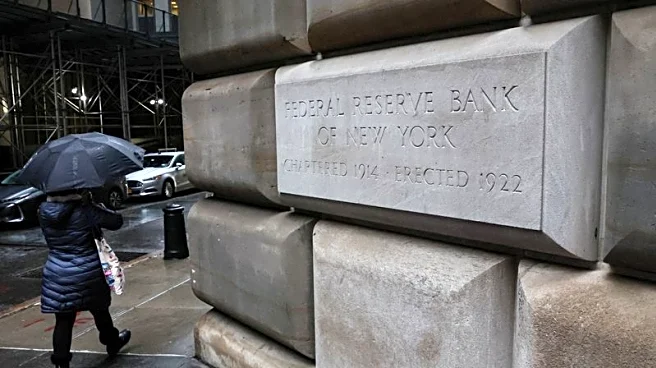What's Happening?
Alan Fletcher, the President and CEO of the Aspen Music Festival and School, has announced his decision to step down from his leadership role at the end of 2026. Fletcher, who has been with the organization
since 2006, will be honored as the festival's first-ever President Emeritus in 2027. During his tenure, Fletcher was instrumental in securing the largest gift in the institution's history, which facilitated the construction of the Matthew and Carolyn Bucksbaum Campus. He also launched several initiatives, including the Aspen Opera Theater and VocalARTS program, and fostered partnerships to enhance music education in local schools. Fletcher emphasized the collective effort of the staff, board members, and community in achieving these milestones.
Why It's Important?
Fletcher's departure marks a significant transition for the Aspen Music Festival and School, an institution renowned for its contributions to classical music education and performance. His leadership has been pivotal in expanding the festival's reach and inclusivity, particularly through initiatives aimed at diversifying performers and educators. The continuation of these efforts is crucial for maintaining the festival's role in making classical music accessible to young people, especially in the face of challenges like declining school enrollments and funding issues. Fletcher's legacy will likely influence the festival's future direction and its ongoing commitment to cultural excellence and access.
What's Next?
Following his departure, Fletcher plans to remain involved with the festival by participating in a new program where accomplished composers will write and perform their first symphonies. The festival will also continue its efforts to diversify and expand its programming, responding to the needs and interests of new audiences. The board of trustees will likely begin the search for a new leader who can build on Fletcher's achievements and guide the organization through its next phase of growth and innovation.
Beyond the Headlines
Fletcher's transition reflects broader trends in arts organizations, where leadership changes can bring new perspectives and opportunities for growth. His emphasis on community involvement and inclusivity highlights the evolving role of cultural institutions in addressing social and educational needs. The festival's ongoing initiatives to diversify its offerings and engage with a wider audience may serve as a model for other arts organizations seeking to remain relevant and impactful in a changing cultural landscape.











